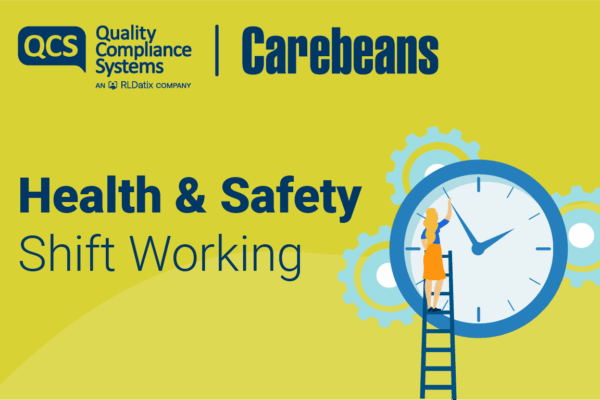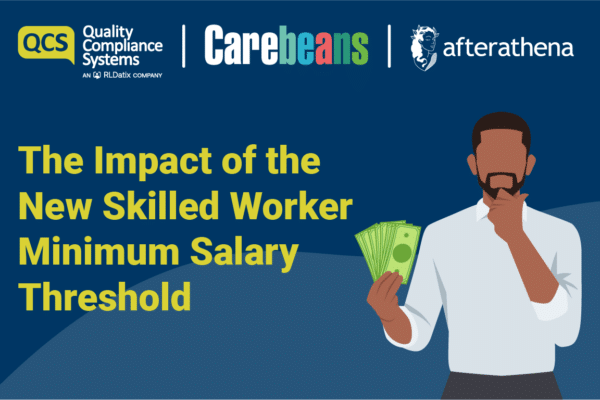In October 2020, CQC produced a report reviewing restraint, seclusion and segregation in care services for people with a mental health condition, a learning disability or autism titled “Out of sight – who cares?”.
Our Partner, Royds Withy King talks through the key points in the report and action care providers should consider.
Download Now
What did the report say?
The report primarily examined individuals who had become increasingly distressed, in some cases to the point of being suicidal or violent or who had reached crisis point and had been admitted to hospital. It revealed that the majority of hospital wards were not therapeutic environments and often led to the individuals becoming increasingly distressed.
For people at crisis point, hospital wards should be a temporary solution, allowing individuals to get better and be discharged quickly. However, the report found that some people were admitted to hospital without proper assessment, which in turn led to their care plans failing to take into account the individual’s needs in order to understand the underlying cause(s) of their distress. This resulted in some individuals becoming entangled in a damaging cycle and unable to leave hospital for significant periods of time.
Lower CQC ratings
Whilst it is not our experience generally that care homes for those with learning disabilities are receiving lower CQC report ratings, CQC’s most recent state of care report for the year 2020 found that there were more than three times the amount of hospital wards receiving an overall rating of inadequate for services for people with learning disabilities or autism than in 2019. This has inevitably had a significant knock-on effect when the individuals are eventually placed with a care provider, which may have to deal with an increase in challenging behaviour as a consequence of the person’s extended stay in hospital.
Following the report’s findings, CQC has made improving care for people with a learning disability and people with autism a priority. The recent CQC and Healthwatch “because we all care” campaign has encouraged individuals with learning difficulties or autism to come forward and share their personal experiences of care. Debbie Ivanova, the deputy chief inspector of Adult Social Care, commented that “listening to the lived experience of people with a learning disability and/ or autistic people has to be at the centre of how we decide to regulate and improve care”.
Key points for care providers
It is therefore important that care providers, particularly those who provide services for people with a learning disability or autism, are aware of CQC’s heightened prioritisation of examining service levels in those types of services. It is likely that as a consequence of the recent campaign, more service users will be giving feedback to CQC about the quality of their care. Providers should therefore be sure to guard against complacency and ensure that care plans and other quality of care processes are up to date and effective.






